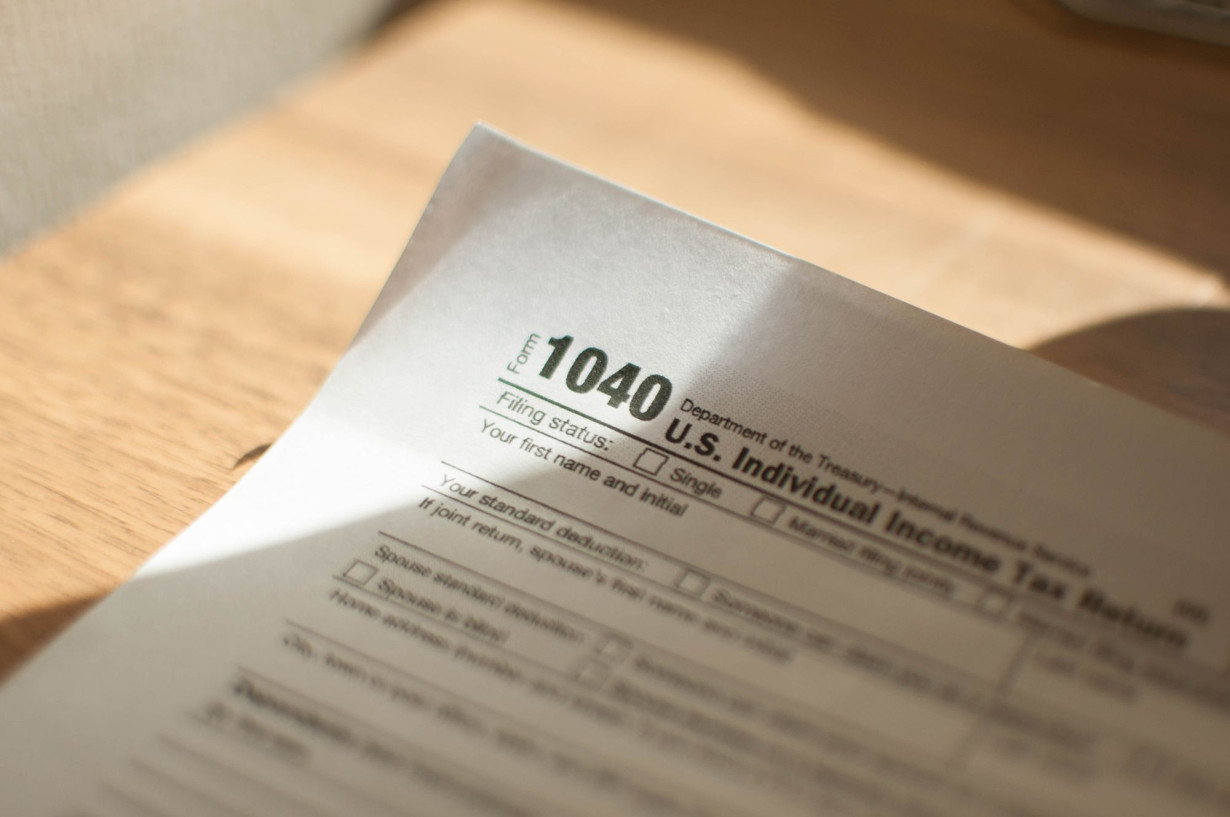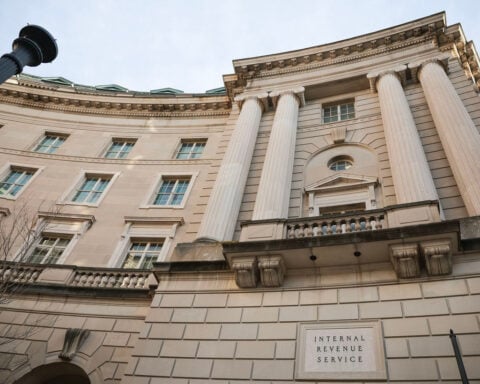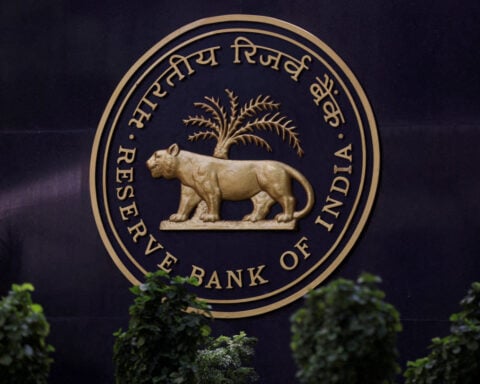(CNN) — There is just under a week left before the official April 15 tax filing deadline.
More than half of all expected federal tax returns have been filed – nearly 90 million as of March 28, according to the latest filing statistics from the Internal Revenue Service.
If yours isn’t among them – and you haven’t been granted a special extension to file because you live in a federally declared disaster area – you may be tempted to think the IRS won’t miss it or won’t go after you if you don’t file. Especially given the upheaval at the agency since the new “Department of Government Efficiency” installed operatives there.
Or maybe you don’t want to file because you owe money and can’t afford to pay your balance due.
Whatever the case, here is why it’s in your financial interests – on top of your legal requirement and civic duty – to file anyway.
You will pay more if you delay
If you owe money to the IRS, you could be subject to two different penalties plus interest if you don’t file and don’t pay what you owe by April 15.
The biggest upfront penalty will come if you don’t file a return on time. You will be charged 5% of your unpaid taxes for every month you don’t file. The total penalty assessed may not exceed 25% of your outstanding debt.
If you don’t think that’s a big deal because you figure what you owe is small and you can handle that monthly penalty, consider this: If the 5% you’re assessed is below $510 and your return is more than 60 days late, starting after day 60, you will be assessed a minimum of $510 per month going forward or 100% of what you owe, whichever is less.
“If you have a balance due, don’t file late because you will compound your problems,” said North Carolina-based CPA Jim Buttonow.
The good news: It is easy to avoid a late-filing penalty. If you really can’t get your return in by April 15, just submit Form 4868 by next Tuesday to get an automatic six-month extension. Your new filing deadline will then be pushed to October 15.
If you don’t even do that, technically, the IRS can choose to file a “substitute” return for you based on the third-party reporting it has on your income (e.g., copies of income forms it received from your employers and banks and brokerages, such as W2s and 1099s). “That return will not have (all) the deductions or credits a taxpayer is entitled to. This typically results in higher taxes owed than if the taxpayer filed their own return,” said Misty Erickson, tax content manager at the National Association of Tax Professionals.
The IRS will send you a CP2566 notice informing you that it has calculated your liability since it doesn’t have your return. But this won’t happen right away, Erickson said. It could take anywhere from one to three years from the original due date of your return.
Regardless, pay what you can by April 15
Even if you file for an extension, you still have to pay what you owe by April 15. If you don’t, you will be subject to a failure-to-pay penalty that amounts to 0.5% of your unpaid balance every month until you file or until the overall total you pay hits 25% of what you owe.
In the case of both the failure-to-file and the failure-to-pay penalties, interest will accrue not only on your unpaid taxes but on the penalty, too.
If you have filed a return, the agency has an automated process in place through which it sends out balance-due notices (known as the CP14 notice) to individuals within 60 days after the April 15 deadline, Erickson said.
So, your records will show that you owe money.
If you can’t pay what you owe in full, try to pay whatever you can by April 15. Then, either call the agency at the number on the CP14 notice or review the IRS payment plan options to see if one makes sense for you. (If you’re confused or want to contest what you owe, it may help to work with an enrolled agent, CPA or tax attorney, who can represent you before the IRS.)
If you don’t owe the IRS, it still pays to file
If you don’t owe the IRS any more money, you won’t be assessed a failure-to-file penalty if you don’t file. But you may be penalized in other ways.
For instance, you might be due a refund. If you don’t file, you won’t be paid. Ditto if you are owed refunds from prior tax years for which you didn’t file returns.
Last month, the IRS announced that there is still more than $1 billion in unclaimed refunds for 2021. Since the law allows taxpayers three years to file and claim their refunds, this April 15 will be your last opportunity to file your 2021 return to claim any refund you’re owed for that year.
If you’re self-employed, any year you don’t file a tax return means the income you earned that year won’t be reported to the Social Security Administration. So, “you will not receive credits toward Social Security retirement or disability benefits,” the IRS notes on its site.
And if you’re trying to secure a loan, lenders will want to see your most recent return. If you don’t have one, that could affect your chances or timeline for loan approval.
The-CNN-Wire
™ & © 2025 Cable News Network, Inc., a Warner Bros. Discovery Company. All rights reserved.

 Trump has begun another trade war. Here's a timeline of how we got here
Trump has begun another trade war. Here's a timeline of how we got here
 Canada's leader laments lost friendship with US in town that sheltered stranded Americans after 9/11
Canada's leader laments lost friendship with US in town that sheltered stranded Americans after 9/11
 Chinese EV giant BYD's fourth-quarter profit leaps 73%
Chinese EV giant BYD's fourth-quarter profit leaps 73%
 You're an American in another land? Prepare to talk about the why and how of Trump 2.0
You're an American in another land? Prepare to talk about the why and how of Trump 2.0
 Chalk talk: Star power, top teams and No. 5 seeds headline the women's March Madness Sweet 16
Chalk talk: Star power, top teams and No. 5 seeds headline the women's March Madness Sweet 16
 Purdue returns to Sweet 16 with 76-62 win over McNeese in March Madness
Purdue returns to Sweet 16 with 76-62 win over McNeese in March Madness








